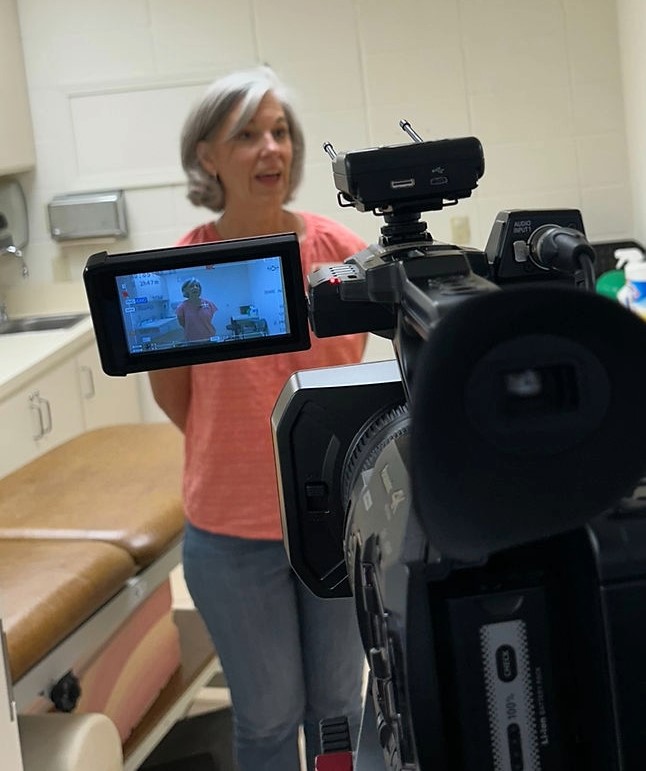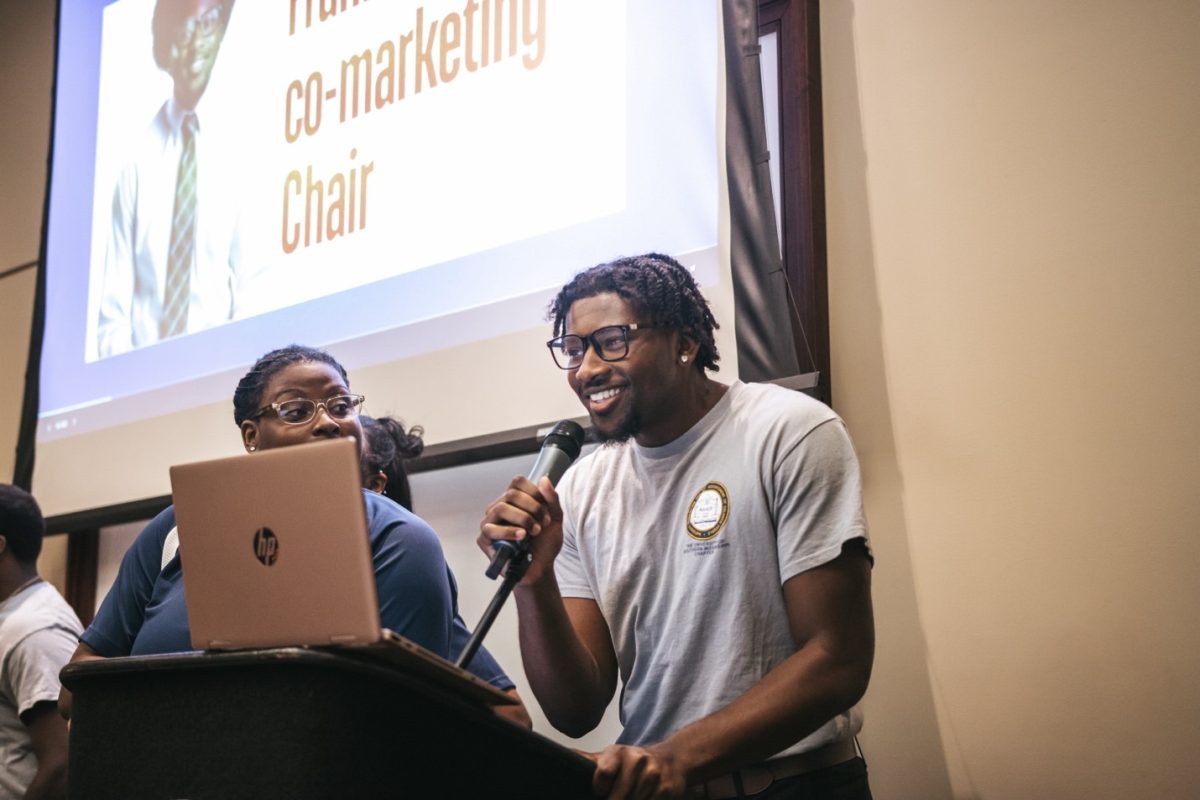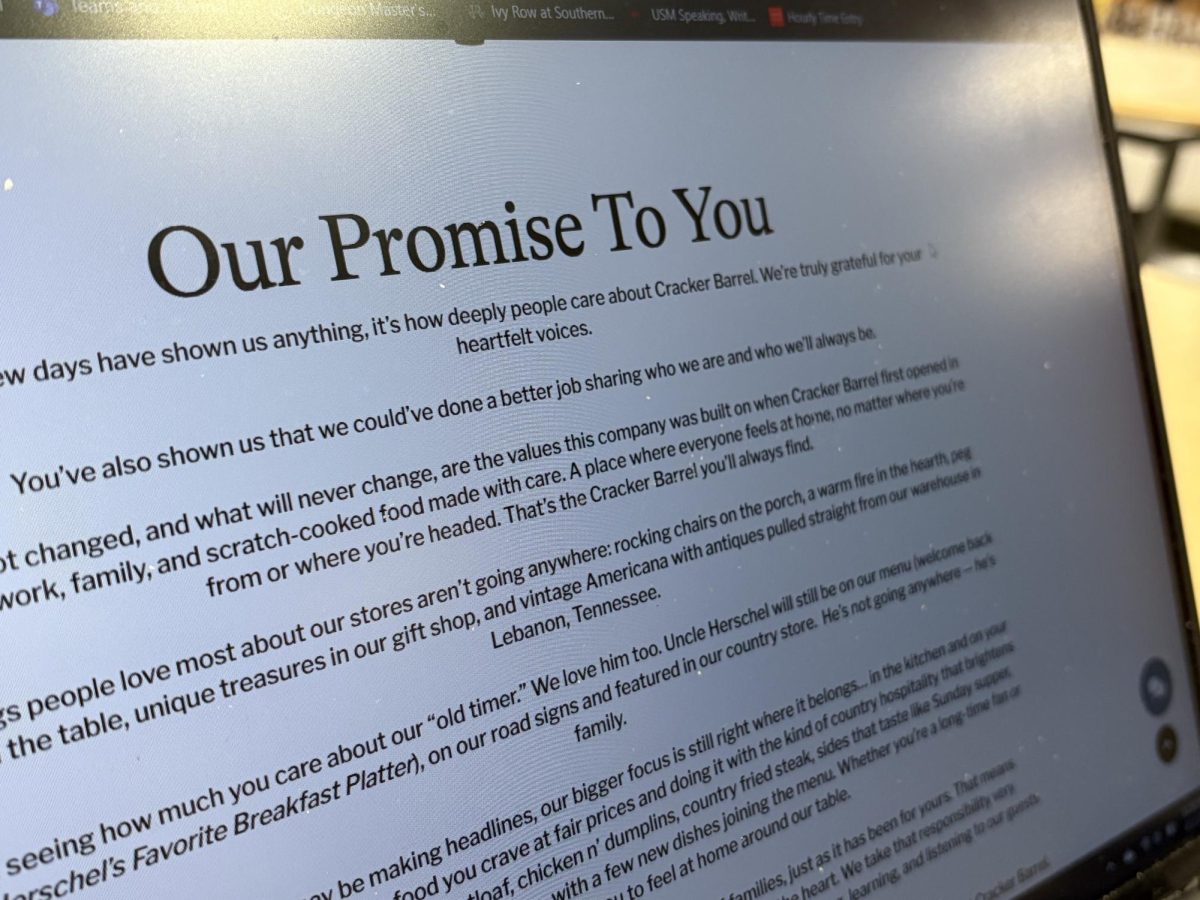Employment discrimination can make it hard for students to start their careers, but limited options for workers make finding a solution difficult.
According to The Network of Integrated GRC Sources, over 99,000 charges of harassment and discrimination were filed with the Equal Employment Opportunity Commission in 2012. Settlements for those cases cost U.S. companies $365 million, and that does not include the cost of replacing the employees they may have lost in the process. Why, then, would a company continue to discriminate?
Rusty Anderson, director of Career Services at The University of Southern Mississippi, said most companies really look for the best person for the position. “Most companies get a lot of training on how to avoid these issues,” Anderson said. “I don’t think (discrimination) is as common as some people may believe.” However, Anderson has some advice for students entering the workforce.
“A big red flag is any interview question that is not related to the job,” Anderson said. Questions about the interviewee’s relationship status, church affiliation and family life fall into that category. “The problem is actually proving that’s why you didn’t get the job,” Anderson said.
Anderson said a person who believes they are being discriminated against has three options.
First, in the case of an improper interview question, the interviewee could deflect the question. “Just say, ‘there’s nothing in my life that would interfere with my ability to do this job,’” Anderson said. If the question persists, ask the interviewer how it relates to the position. “That’s a good way of letting the employer know that he’s on shaky ground here,” Anderson said.
Second, in the case of improper interviewing suspicion of discriminatory gap in salary, a worker could file a complaint. This could be done either within the company or by filing an EEOC complaint and having an investigation opened.
“By the time it’s all litigated, it could be years down the road. Most recent graduates don’t have that option,” Anderson said.
The third option is to do nothing at all. “I didn’t say it was a good option,” Anderson said. Anderson says that if a problem persists, a student should file a complaint or find other employment.
Rebecca Woodrick Malley, director of the Office of Affirmative Action and Equal Opportunity Employment for USM Human Resources, said her office works to keep these problems from happening by training interviewers how to interact with applicants.
“The human resources department and the office of affirmative action and EEO offices work closely together to ensure that applicants for positions receive a fair, unbiased review for all employees, particularly full-time permanent positions, whether for a plumber or a professor,” Malley said.
While student employment on campus does not undergo that stringent process, Malley said, “If a student applicant for a position through the student employment process on campus feels she or he has been discriminated against, by all means, the services of the AA/EEO office are available to him or her.”
Discrimination in the workplace is a very real problem that students may deal with as they enter the workplace. Though it’s difficult to detect and even harder to prosecute, it may be worth filing a complaint if it happens to you.


























